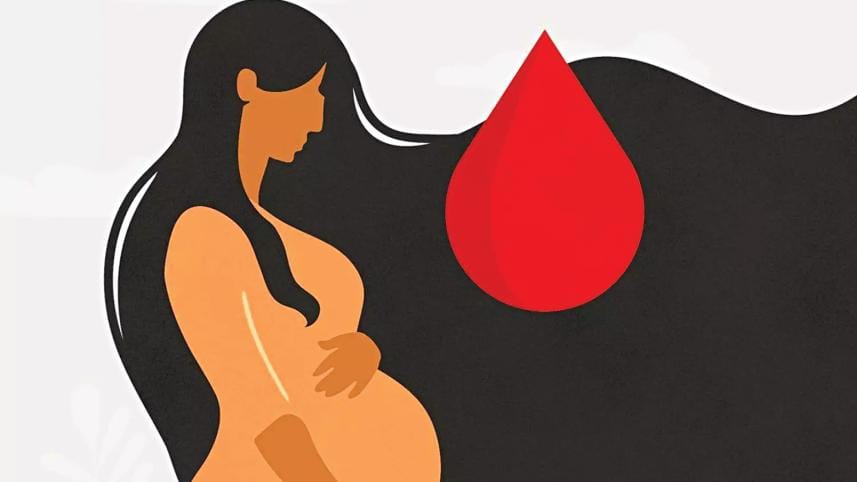New global guidelines target postpartum bleeding to save mothers’ lives

Leading global health organisations have issued new guidelines to prevent and manage postpartum haemorrhage (PPH)—the world's leading cause of maternal death. Launched by WHO, FIGO, and ICM, the recommendations aim to improve early detection, accelerate treatment, and reduce the risk of fatal outcomes.
PPH, or excessive bleeding after childbirth, affects millions of women each year and causes around 45,000 deaths. It can also result in severe long-term health impacts, including organ damage, hysterectomy, and trauma. The new guidelines call for prompt action when blood loss reaches 300 mL combined with abnormal vital signs, replacing the previous 500 mL threshold. Health workers are urged to use calibrated drapes to accurately measure blood loss and respond quickly.
The guidelines introduce the "MOTIVE" bundle of care: massage of the uterus, oxytocic drugs, tranexamic acid, intravenous fluids, vaginal/genital tract examination, and escalation of care. In severe cases, surgery or transfusion may be required.
Prevention is also prioritised, particularly for women with anaemia. Daily iron and folate supplements during pregnancy and intravenous iron in urgent cases are recommended. The guidance discourages routine episiotomies and supports perineal massages to minimise trauma.
Midwives and frontline workers are central to these efforts, with new training tools and practical resources developed to support real-world implementation. The guidelines, launched at the 2025 FIGO World Congress in Cape Town, are part of a broader global strategy to eliminate preventable maternal deaths from PPH by 2030.
Source: World Health Organisation



 For all latest news, follow The Daily Star's Google News channel.
For all latest news, follow The Daily Star's Google News channel.
Comments